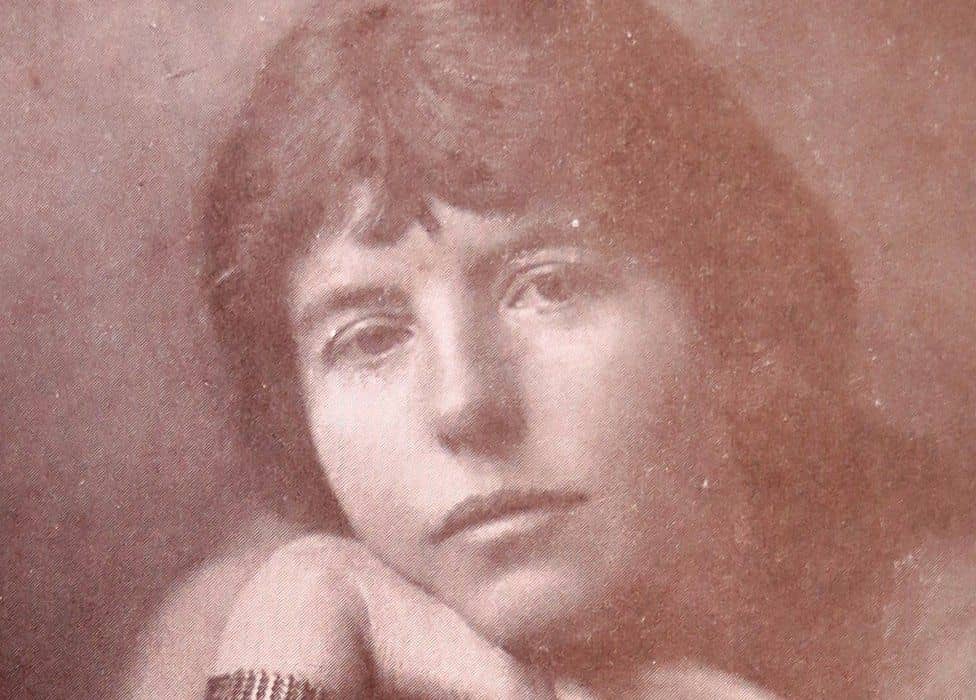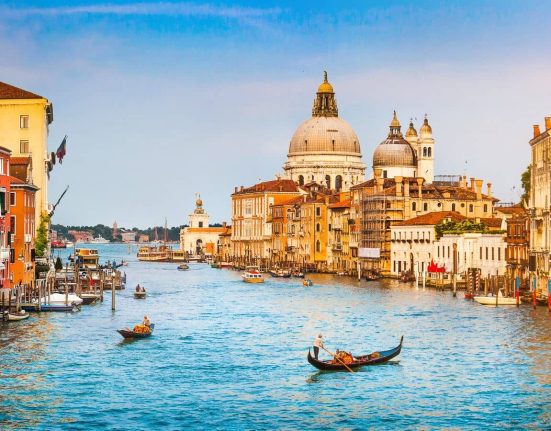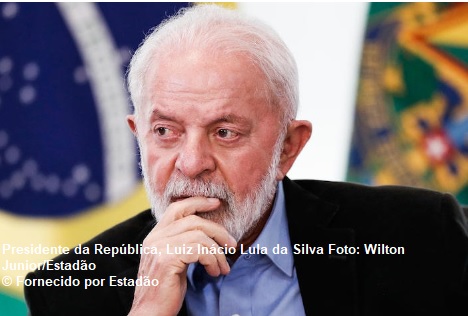

Adela Florence Nicolson foi uma poeta inglesa pouco conhecida – que eu adoro. Seu livro mais famoso, “The Garden of Karma”, foi inicialmente publicado como se fosse (e não era) uma tradução de poetas indianos sob o título de “India’s Love Lyrics”.
Adela, que publicou seus versos sob o pseudônimo de Laurence Hope, era filha do coronel Arthur Cory, que servia ao exército britânico estacionado em Lahore, na Índia. Foi criada por parentes na Inglaterra até reunir-se com os pais, em 1881. Seu pai era o editor correspondente do jornal The Civil and Military Gazette e deu a Rudyard Kipling seu primeiro emprego.
Em abril de 1889, Adela casou-se com o coronel Malcolm Hassels Nicolson, que tinha o dobro da sua idade e comandava o 3º Batalhão, o Baluch Regiment. Um renomado linguista, foi ele que a ensinou a amar a Índia, seus costumes e sua deliciosa comida. Tiveram um filho e ficaram casados por cerca de 10 anos, até ele morrer numa cirurgia. Adele, que adorava o marido, passou a sofrer de depressão e morreu em Madras na Índia, cinco anos depois, aos 39 anos. (1865 – 1904)
… And under your kisses I hardly knew
Whether I loved or hated you.
But your words were flame and your kisses fire,
And who shall resist a strong desire?
Not I, whose life is a broken boat
On a sea of passions, adrift, afloat.
And whether I came in love or hate,
That I came to you was written by Fate … “
Li pela primeira vez este poema numa tarde em que estava sozinha no apartamento em Paris de uma amiga, com vista na varanda para o l’Arc de Triomphe. Foi pura sorte eu escolher esse livro na estante, entre tantos outros, Na parede, um quadro deslumbrante do David Hockney , cercado de plantas tropicais, tapetes chineses e móveis com desenhos em madrepérola . A música das palavras me encantou, apesar do melodrama.
The Teak Forest
—Laurence Hope
WHETHER I loved you who shall say?
Whether I drifted down your way
In the endless River of Chance and Change
And you woke the strange
Unknown longings that have no names,
But burn us all in their hidden flames,
Who shall say?
Life is a strange and a wayward thing:
We heard the bells of the Temples ring,
The married children, in passing, sing.
The month of marriage, the month of spring,
Was full of the breath of sunburnt flowers
That bloom in a fiercer light than ours,
And, under a sky more fiercely blue,
I came to you!
You told me tales of your vivid life
Where death was cruel and danger rife–
Of deep dark forests, of poisoned trees,
Of pains and passions that scorch and freeze,
Of southern noontides and eastern nights,
Where love grew frantic with strange delights,
While men were slaying and maidens danced,
Till I, who listened, lay still, entranced.
Then, swift as a swallow heading south,
I kissed your mouth!
One night when the plains were bathed in blood
From sunset light in a crimson flood,
We wandered under the young teak trees
Whose branches whined in the light night breeze;
You led me down to the water’s brink,
“The Spring where the Panthers came to drink
At night; there is always water here
Be the season never so parched and sere.”
Have we souls of beasts in the forms of men?
I fain would have tasted your life-blood then.
The night fell swiftly; this sudden land
Can never lend us a twilight strand
‘Twixt the daylight shore and the ocean night,
But takes–as it gives–at once, the light.
We laid us down on the steep hillside,
While far below us wild peacocks cried,
And we sometimes heard, in the sunburnt grass,
The stealthy steps of the Jungle pass.
We listened; knew not whether they went
On love or hunger the more intent.
And under your kisses I hardly knew
Whether I loved or hated you.
But your words were flame and your kisses fire,
And who shall resist a strong desire?
Not I, whose life is a broken boat
On a sea of passions, adrift, afloat.
And whether I came in love or hate,
That I came to you was written by Fate
In every hue of the blood-red sky,
In every tone of the peacocks’ cry.
While every gust of the Jungle night
Was fanning the flame you had set alight.
For these things have power to stir the blood
And compel us all to their own chance mood.
And to love or not we are no more free
Than a ripple to rise and leave the sea.
We are ever and always slaves of these,
Of the suns that scorch and the winds that freeze,
Of the faint sweet scents of the sultry air,
Of the half heard owl from the far off lair.
These chance things muster us ever. Compel
To the heights of Heaven, the depths of Hell.
Whether I love you? You do not ask
Nor waste yourself on the thankless task.
I give your kisses at least return,
What matter whether they freeze or burn.
I feel the strength of your fervent arms,
What matter whether it heals or harms.
You are wise; you take what the Gods have sent.
You ask no questions, but rest content
So I am with you to take your kiss,
And perhaps I value you more for this.
For this is Wisdom; to love, to live,
To take what Fate, or the Gods, may give,
To ask no question, to make no prayer,
To kiss the lips and caress the hair,
Speed passion’s ebb as you greet its flow,–
To have,–to hold,–and,–in time,–let go!
And this is our Wisdom: we rest together
On the great lone hills in the storm-filled weather,
And watch the skies as they pale and burn,
The golden stars in their orbits turn,
While love is with us, and Time and Peace,
And life has nothing to give but these,
But, whether you love me, who shall say.
Or whether you, drifting down my way
In the great sad River of Chance and Change,
With your looks so weary and words so strange,
Lit my soul from some hidden flame
To a passionate longing without a name,
Who shall say?
Not I, who am but a broaken boat,
Content for a while to drift afloat
In the little noontide of love’s delights
Between two Nights.


Jornalista, fotógrafa e tradutora.






